PAWS in Schools ™
Specially Trained Animals For Any School Environment

PAWS in Schools Overview
Why use Therapy Dogs in schools?
Strategic use of Therapy Dogs in a school setting can contribute towards improving the overall wellbeing of students. Our PAWS in Schools Program provides a framework for schools to incorporate meaningful opportunities for social and emotional learning that are authentic and relevant for all students.
Tailored Programs to suit specific needs
Our specialised educators recognise that each school setting is unique and has its own set of guiding principles, philosophies and values. PAWS in Schools (by Therapy Animals Australia) specialises in tailoring programs to suit specific needs. Our programs are designed to set students up for success.
Therapy Animals Australia will work closely with you to explore possible applications of our PAWS Model, supporting you with implementing the program in a way that best matches your school’s specific needs.
PAWS In Schools Model
Therapy Dogs in specialised environments
Therapy Animals Australia has developed our PAWS Model for the successful integration of Therapy Dogs into specialised environments such as school settings. The concept originated from a literal pause to reflect on relevant theory and the key elements of success that are driving our own Therapy Dog programs across a number of settings.
Training Programs for student success
We use our PAWS Model as a framework to guide our training programs in schools. Implementing a variety of proven strategies for using a Therapy Dog to meet basic needs and set students up for success.
Positive Interaction
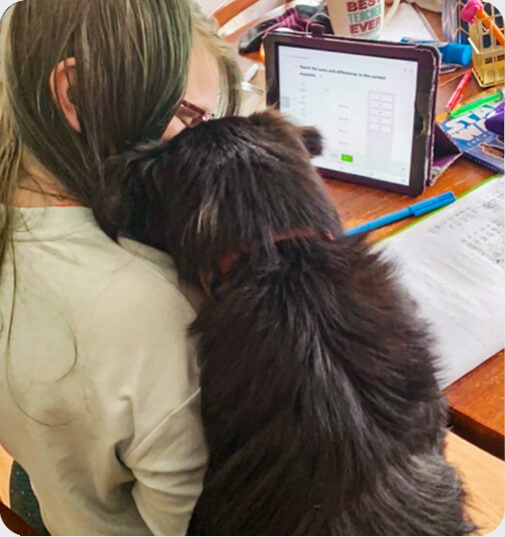
Assess, Adapt, Achieve
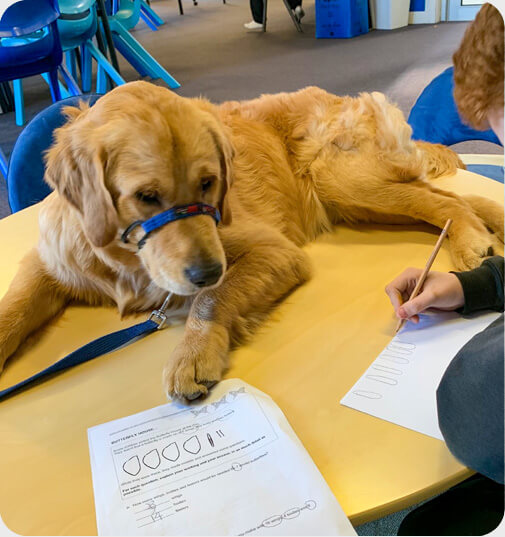
Working Together
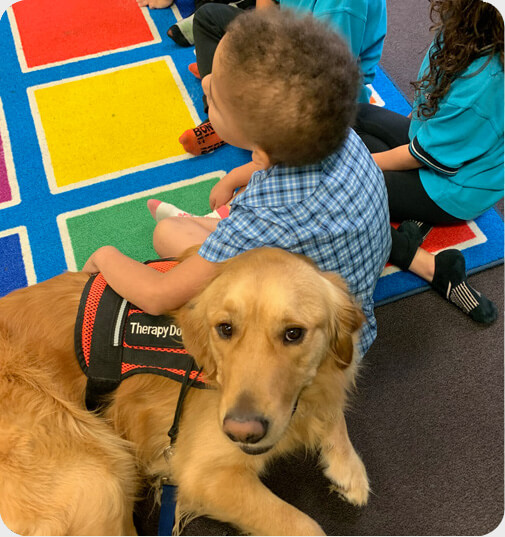
Social Inclusion
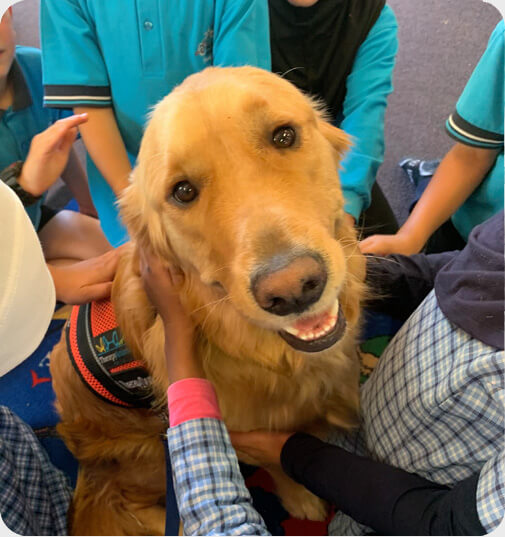
How It Works

PAWS in Schools Programs
A.
B.
C.
D.
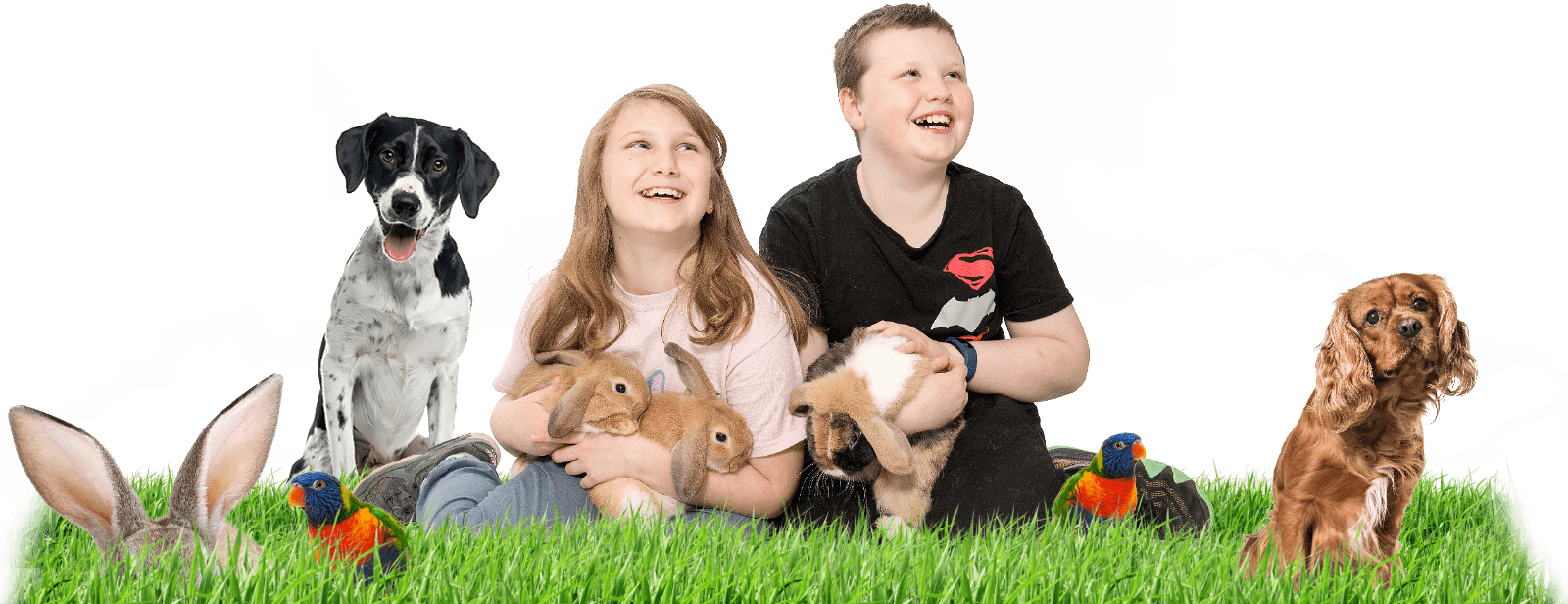
PROGRAM A
Student Welfare
Facilitate student wellbeing through our unique approach to social and emotional learning.
We can bring our animals to you to run interactive sessions that meet the specific needs of selected individuals or small groups. More than just spending time with our lovely animals, specific goals are identified and set (with teachers and/or parents).
Ideal for all students and for students who need…
Having a set task is an important part of each session, helping participants feel a sense of achievement. It may be feeding animals, creating a piece of artwork, making a toy for an animal to play with, or assisting handlers with the training of an animal.
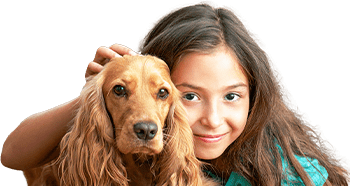
PROGRAM B
Connecting to Curriculum
Our PAWS in Schools’ educators are highly experienced in engaging and supporting learners to achieve their individual learning goals.
Animal assisted learning adds an element of fun that is conducive to creating a low pressure, relaxed learning environment.
Ideal for students in need of literacy & numeracy assistance…
LITERACY:
NUMERACY:
Reliable, well-trained animals are crucial to the success of Animal Assisted Learning.
We can bring our animals to you and run interactive sessions that meet the specific needs of your students (support within the classroom, or as separate sessions for individuals and/ or small groups).

PROGRAM C
Interactive Presentations
An engaging, “Hands On” approach to learning that can be applied to a wide range of curriculum areas.
Having animals in your school provides endless opportunities to teach students about real world concepts in meaningful ways.
Ideal for all students & teachers across all year levels, from foundation to Year 12 and undergraduate university courses…
We pride ourselves on being able to tailor these sessions to suit your needs. Between our staff, we have experience teaching across all levels from Foundation to Year 12, as well as Undergraduate University Courses.

PROGRAM D
Training & Incorporating Your Own School Therapy Dog
Work with our highly experienced staff to train your own school therapy dog and incorporate your dog in a manner that meets your school’s specific needs and requirements.
Having a trained Therapy Dog in your school provides endless opportunities for students, staff and the whole school community. Also have the peace of mind that goes with knowing your dog is trained to meet the Service Animals Australia Essential Standards for Therapy Dogs.
Ideal for all schools, from Early Learning to Primary Schools, Secondary Schools and Tertiary Institutions…
Work with our staff to train and incorporate a Therapy Dog into your school community and wellbeing programs.



